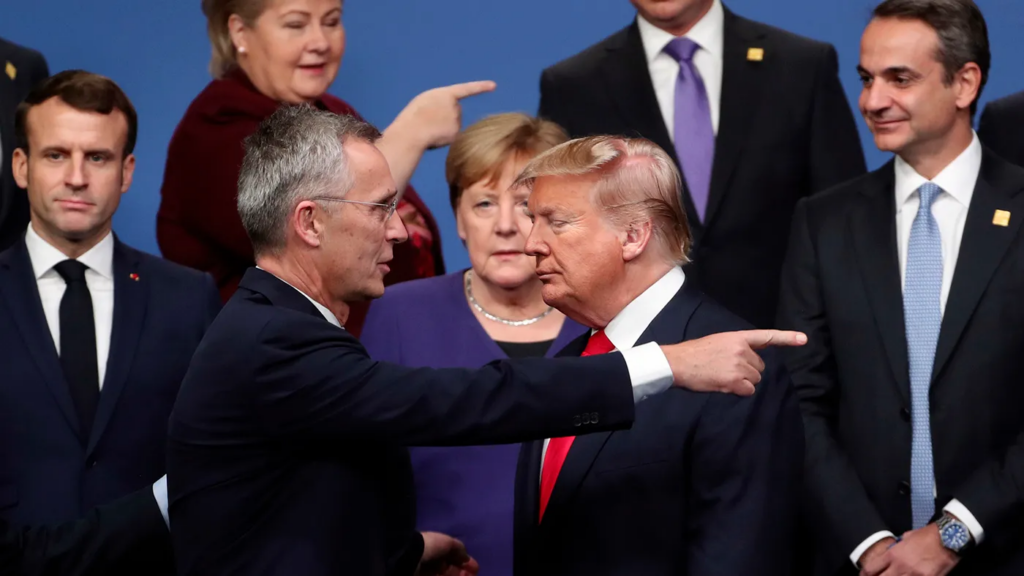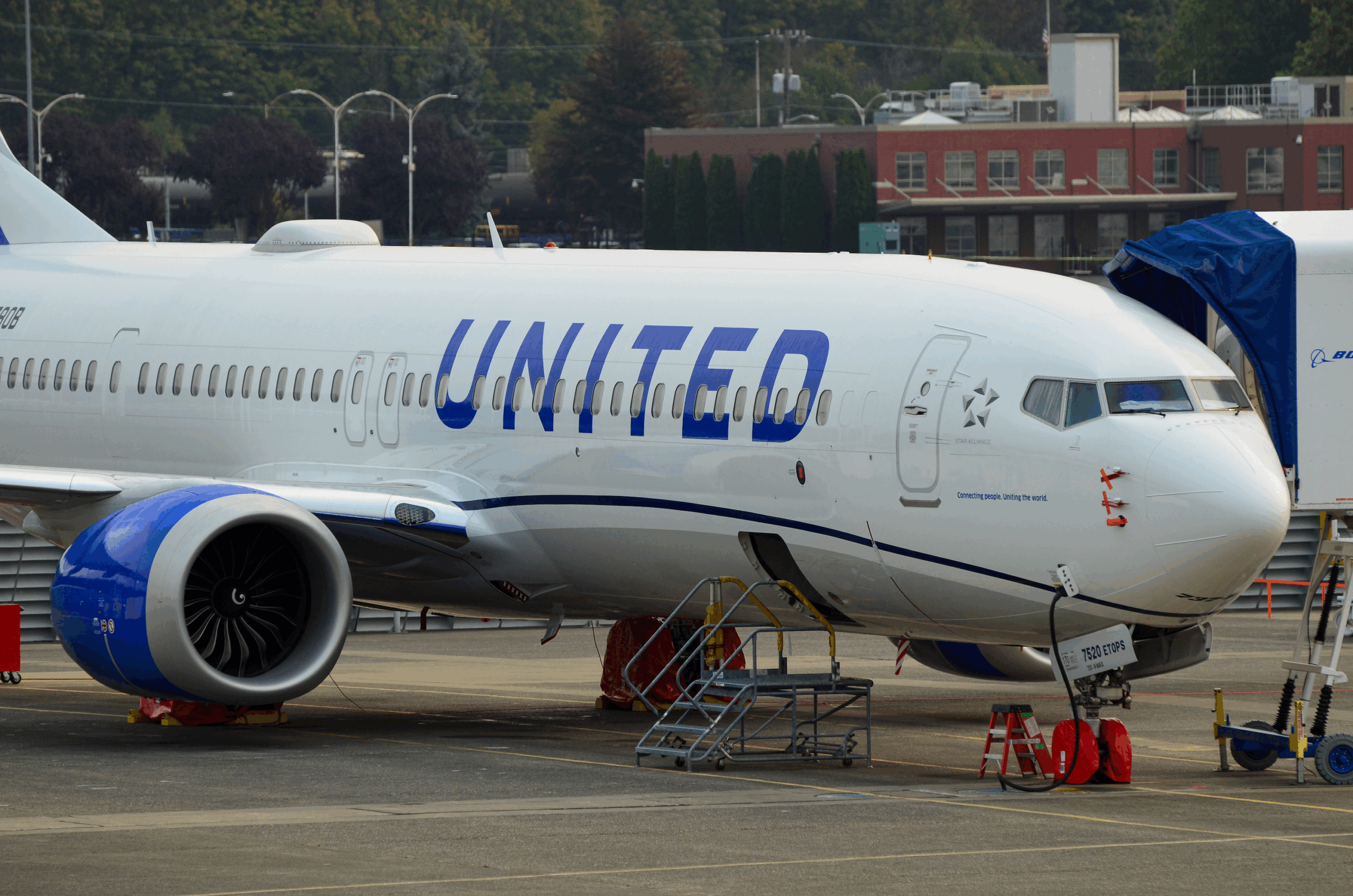Kremlin’s Signal for Talks
The Kremlin has confirmed its readiness for a meeting between President Vladimir Putin and President-elect Donald Trump. This potential high-profile dialogue is expected to follow Trump’s inauguration. Officials in Moscow have expressed optimism about renewed diplomacy, citing Trump’s past remarks on NATO as a potential opening for negotiations. The talks could explore significant changes to NATO’s future role and expansion.

Putin’s Key Objectives
President Putin’s primary focus appears to be a rollback of NATO’s influence in Eastern Europe. Central to this goal is blocking Ukraine from joining the alliance. For years, Russia has viewed NATO’s eastward expansion as a direct threat to its national security. Putin’s strategy aligns with Moscow’s broader efforts to retain influence over its neighbors. Preventing Ukraine from becoming a NATO member would represent a major win for Russia’s geopolitical ambitions.
Trump’s NATO Stance
President-elect Trump has repeatedly questioned the United States’ commitment to NATO. During his campaign, he suggested that NATO allies should contribute more to their defense budgets. At times, he hinted at the possibility of reducing U.S. involvement or even withdrawing entirely. These statements have caused unease among NATO members, raising questions about the alliance’s future under Trump’s leadership.

The Ukraine Conflict
The ongoing conflict in Ukraine remains a flashpoint in U.S.-Russia relations. A potential deal between Trump and Putin could involve a ceasefire in eastern Ukraine. However, such an agreement would require concessions from both sides. For Russia, lifting Western sanctions and recognition of its annexation of Crimea could be non-negotiable demands. For the U.S., ensuring Ukraine’s sovereignty and territorial integrity would likely be a priority.

Global Reactions
The prospect of U.S.-Russia negotiations has drawn mixed reactions globally. European leaders remain wary of any deal that undermines NATO’s unity. Countries like Poland and the Baltic states fear a reduced U.S. presence could leave them vulnerable to Russian aggression. On the other hand, some argue that engaging with Russia could de-escalate tensions and foster stability in the region.
Challenges Ahead
Achieving a meaningful agreement will not be easy. NATO’s structure and commitments involve multiple nations with diverse interests. Any decision on Ukraine’s membership requires unanimous approval from all NATO members. Similarly, the U.S. Congress would likely scrutinize any proposals that weaken NATO or normalize relations with Russia without addressing human rights and sovereignty issues.

Implications for the Geopolitical Landscape
If Trump and Putin reach an agreement, it could reshape the global balance of power. A reduced U.S. role in NATO might embolden Russia to exert more influence in Europe and beyond. Conversely, a negotiated settlement could lead to a more stable relationship between Washington and Moscow. Either outcome would mark a turning point in post-Cold War international relations.
The potential meeting between Putin and Trump carries significant weight for global diplomacy. With NATO’s future and Ukraine’s sovereignty at stake, the world will watch closely. The outcomes of these talks could define U.S.-Russia relations for years to come and alter the trajectory of international alliances. The stakes are high, and the decisions made will resonate far beyond the negotiation table.
Our Visitor






 Users Today : 32
Users Today : 32


